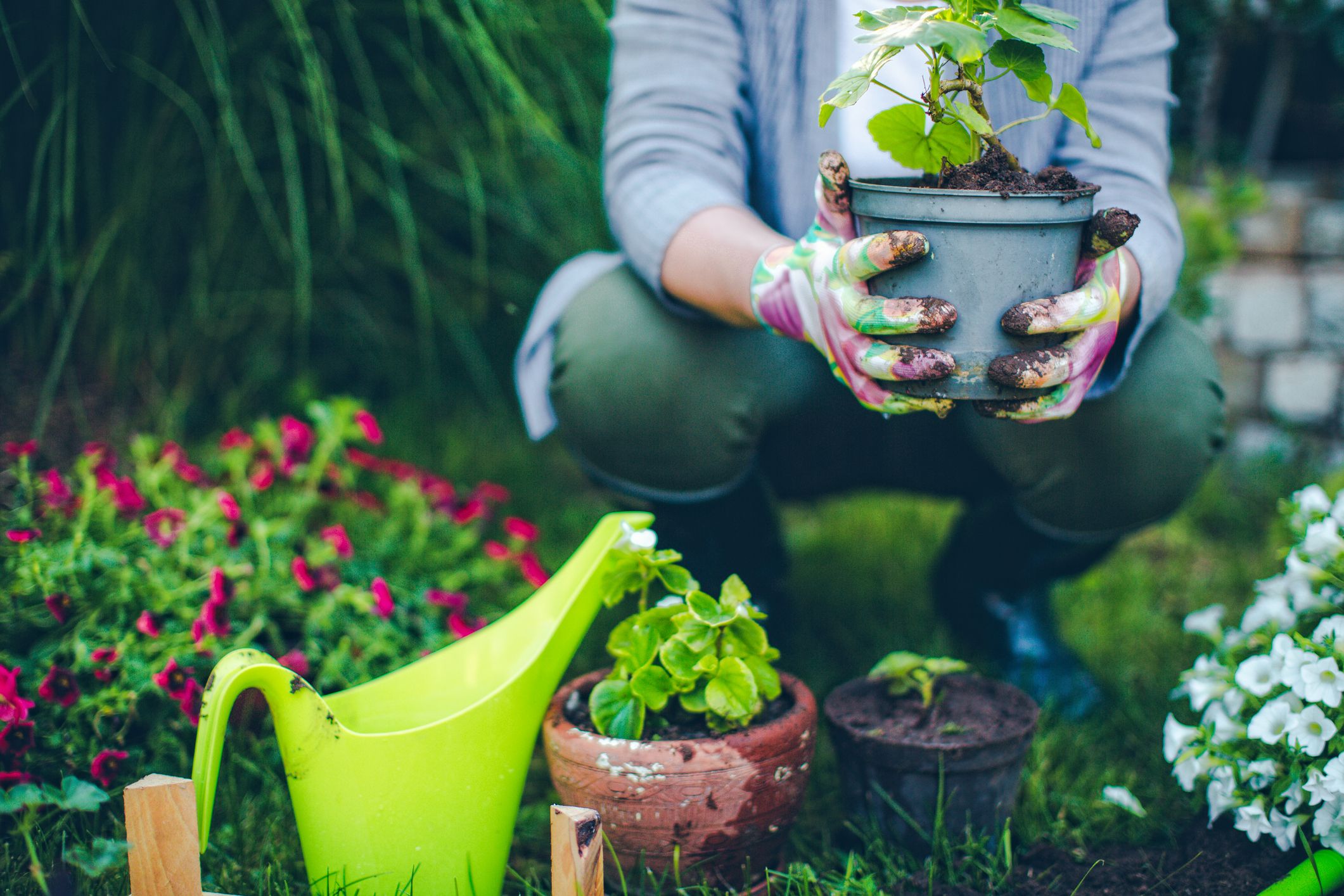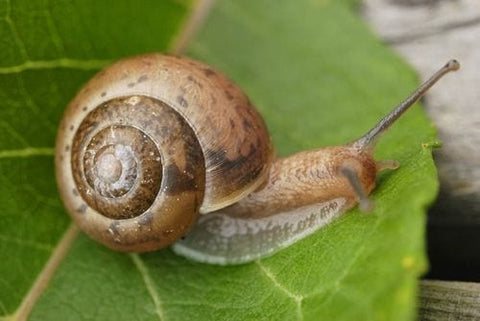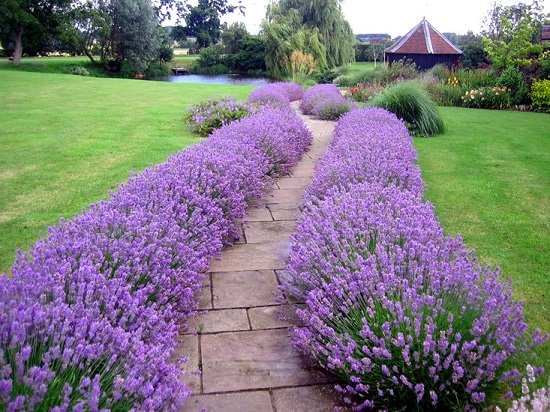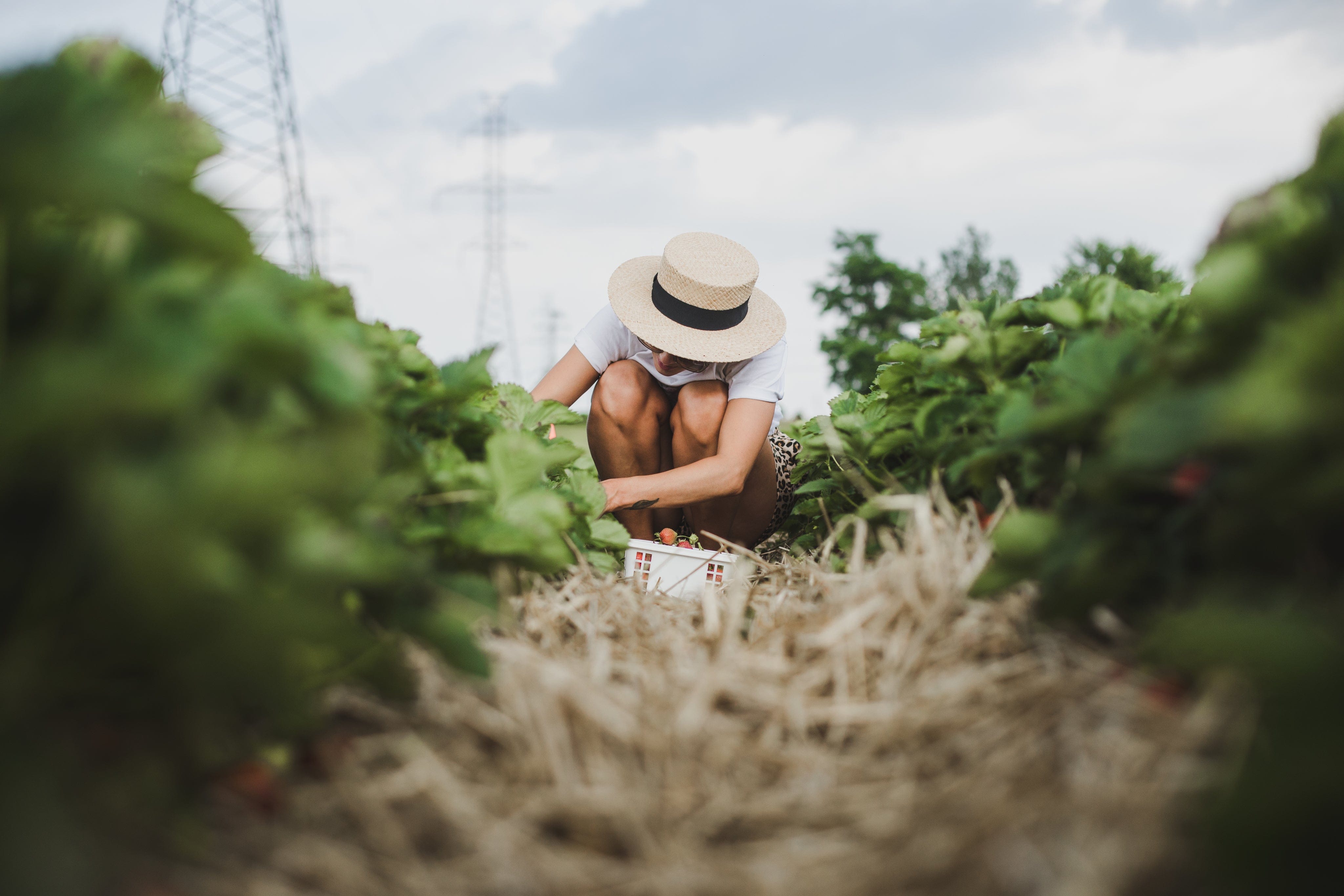
5 gardening mistakes that spoil our gardens

If you have set up gardening goals but have no idea where to begin. Start by finding out what not to do.

Anyone who has taken up gardening knows exactly what it is like to feel lost in what to do, overwhelmed with how much there is involved or that feeling of failure when you just can’t seem to get it right.
It's human nature to make mistakes but it's up to us to learn from them.
When things get too difficult or your dream garden begins to seem out of reach, do not give up, give more.
Gardening expert, Gardener Scott, reminds us that 'gardening is a process' and is all about 'the doing, the learning', and 'overcoming problems.'
It takes time to learn what works and what doesn’t but it sure couldn't hurt to know from the experts which mistakes we can easily avoid.
Gardener Scott explains the most common mistakes made by many of us, including those that would consider themselves having a natural touch for growing plants.
1. Not paying enough attention to soil
Soil is the foundation of successful growth!
Its not only what you do to your soil such as watering and fertilising but also what’s in your soil. Gardener Scott explains the perfect formula that should make up your soil. “45% mineral content, 25% air, 25% water and 5% organic matter.”
Described perfectly by Bonnie Plants, “bad soil is like junk food for plants.” Imagine all you ever put in your body was junk food, your body will lack the nutrients it needs to grow up healthy, the same applies to plants, their soil needs good quality nutrients.
Depending on what you are planting, soil types differ slightly. For your vegetable and herbs growing in the ground use nutrient-rich soil, which has elements to help protect against over and under watering. If you are planting in containers, try a lighter weight soil with excellent drainage, look into a good potting mix.
Side Tip: If you are using clay soil, avoid digging it up when it is wet, as this will break down the structure of the soil and damage it.
To get a better understanding about the soil you need, read our blogs on Compost, soil, fertiliser and The best type of soil for your plants.
2. Leave the bugs be
Anyone who spends time in their garden knows that many insects gather, some may be bad while others are good.
When you spend so much time and effort in spraying those insecticides you are killing all the bugs including those that help your garden.
Gardener Scott talks about his own early gardening years when he sprayed his garden with insecticide constantly, ending up with an imbalanced garden.
When you kill those bugs you open up to more bad bugs taking over so unless you have a serious infestation, rather just leave the bugs alone.
If you don’t like the idea of leaving the bugs to be, but don’t want to use insecticides either, keep in mind there are beneficial insects out there that in fact alleviate those annoying garden pests.
Here is a short list of those pest controlling insects that you want around:
- Ladybugs
- Ground Beetles
- Minute Pirate Bugs( Orius )
- Green Lacewings
- Aphid Midges
- Damsel Bugs (Nabids )
- Braconid Wasps
- Spiders

3. Gardeners are obsessed with weeding
A major cause to people giving up on their gardens is the fact that they cannot get rid of their weeds.
If your ultimate goal is to alleviate all the weeds in your garden, you will not succeed, as the weeds will win.
Rather than focusing too much time on getting rid of the weeds, allow for an annual weed pulling day and try use some preventive measures.
Using mulch helps reduce weeds growing in your garden.
Not sure what mulch is, learn more about mulch here
Another wonderful option is to try companion planting which can assist in keeping weeds under control.
Lastly just let some of those weeds grow as they can be beneficial for attracting wildlife into your garden.
4. We tend to be impatient for results
Stop thinking ‘NOW or NEVER”. Rome wasn't built in a day and neither will your garden be.
Think of your garden as a long term project except it never has to end.
People often expect to see desired results too quickly and then become discouraged when they don’t.
If after months or even a year, your garden is not what you expected, do not call it quits, keep at it. Plan then plant.
A successful garden can take years to create, especially if you are planting bigger trees or many varied flower beds.
Think of gardening as a journey not a destination.
5. Do not accept failure
For many different reasons you garden can fail from time to time, whether it be seasonal or other contributing factors.
Gardener Scott goes as far as to say
“Many years there'll be more failures than successes.”
With failure comes the opportunity to overcome and succeed.
It gives you a clear understanding on the mistakes you have made and how to change them into learning curves.
So if you fail month after month or even year after year, do not pack up your gardening gloves, just keep going.
Now that we have touched on Gardener Scotts top five mistakes, that are more physiological than physical, let's have a look at some more practical mistakes you might be doing as well as some helpful tips you should be doing.
Watering wrong

One of the biggest watering mistakes people make is watering at the wrong time of the day.
Do not water during the warmest temperatures of the day, not only will the water evaporate but also the water droplets on the plants can actually magnify the suns ability in burning the leaves.
The best time to water your plants is first thing in the morning. If you know you are not a morning person then watering last thing at night is still a good option however this is not as beneficial as early morning.
When watering your garden, it is not just about the surface. You need to make sure your soil is deeply absorbing this water by soaking the plants in water. A good way to help the water seep in is by poking broom sized holes in the soil. ( We obviously are referring to the handle side of the broom )
When designing your garden with container plants, try keep the plants near enough to a water source.
Killing your houseplants

Do not neglect your houseplants, when you are so focused on what is happening outside you may not care enough for what is happening inside. Remember location, correct soil and watering is vital for the growth of your indoor plants too.
Do not make the common mistake of over watering your plants. Every plant is different so make sure you read up on the houseplants you have chosen and learn what they need to thrive.
If you spend so much time working on your garden and would prefer the foliage inside to be low maintenance, read our blog about the easiest houseplants to grow.
Snails sneaking up on you

A common issue faced by many gardeners is the invasion of slugs and snails. Do not start dealing with these pests too late, they may be slow insects but they sure don’t breed at snail pace. If they become out of control they can destroy your plants quickly therefore its best to prevent this.
Here are a few tips to help stop snails from eating your plants:
- Crushed eggshells, gravel or mulch- Snails do not like moving over rough ground.
- Coffee grounds- They don’t like the bitter taste of coffee grounds
- Copper tape- Wrap sufficient copper tape around the base of your containers, it will mean that fewer or no slugs make it up the side of the container to the opening at the top. Slugs actually receive a little electric shock when their slimy bodies touch copper.
- Feed the slugs- Set up a section/bed of your garden filled with a slugs favourite foods, this will hopefully lure them away from the other plants in your garden.
- Bring in a hedgehog- As cute as they are, this is a rather big step to take, hedgehogs love eating snails but keep in mind if you have any other pets, they might like eating hedgehogs so this may not be an option for all.
- Slug pellets- This would be the last and least liked method of reducing your slugs and snails.
Mowing mad
Do not cut your grass too short, especially in dry seasons. Longer grass holds moisture better.
Out of sight, out of mind
Try not to plant your vegetables and herbs in an area that is never seen and rarely visited. People tend to forget about plants that aren’t in their view.
Don't over do it
Big gardens take big effort. Start small and build on your success.
Plan your planting
Make sure you check when the best season is to plant and do not rush to do it sooner. Make sure you have learnt what conditions and care plants you are using need, focus on sunlight, water and soil.
Crowding your plants
People often tend to plant a lot and all close together but remember the plants are going to grow and they need the space to do so.
Plant with the same concept us humans are expected to do during the Covid pandemic, using social distancing.

Whether its simple watering mistakes or your fear of failure, gardening takes persistence, time, learning and patients but once you get it right, it is so worth it.
One of the biggest garden mistakes is giving up, don’t be become part of that statistic. Start now and keep going.
Resources:




8 comments
There is no such thing as failing..you only learn and move forward- as in gardening and in life.
Dave Naish
Great articles. Never yo old to learn something new and useful
Thank you
June Renwick
This advise and information was very learntful for me I just love to read up on any kind of gardening tips and advise cos I love gardening Its like soul food for me And I’ve learnt a lot by my mistakes And yes dont give up content and get success and reap the fruits of your hard labor
Cicelia Miller
Sounds delightful, thank you
Walshe Sadie
Never to old to learn …
Jann
Veggie garden
Waral
I have moved in a smaller place, with small garden, still learning. Here the wind blows a lot..
Petro Harmse
Wonderful advice re snails, hate to kill them, will start saving egg shells! Thanks
Walshe Sadie
Leave a comment
This site is protected by hCaptcha and the hCaptcha Privacy Policy and Terms of Service apply.